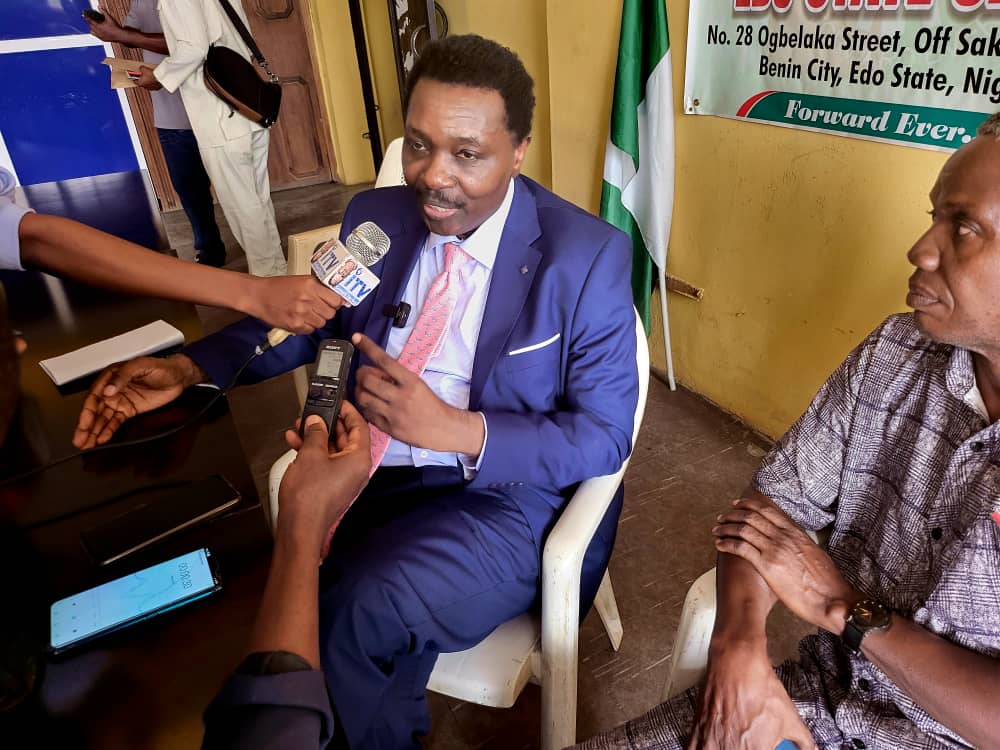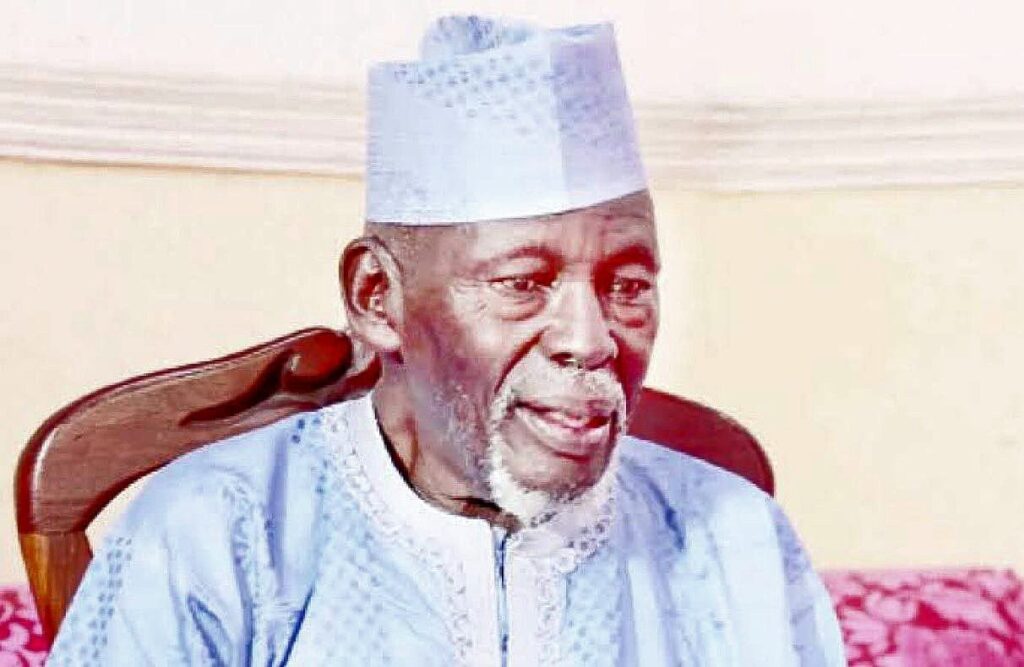On the one hand, there are those who see the crisis from a macro-perspective: a society such as Nigeria and its business environment is incapable of producing a sane banking system. According to this line of discourse, every institution in Nigeria is in a state of crisis, including the political system, the economic system, the educational system, the law enforcement institution, the infrastructural system, etc. In other words, it would be insane to have expected a sane banking system in such an insane environment. This point has been succinctly elucidated by Luke Onyekakeyah of The Guardian Newspaper, who, among other things, argues that the Nigerian “system is fraught with endemic corruption, lawlessness, nepotism, grandstanding and many other ills” (see “CBN and banks: Dealing with the root of the crisis,” The Guardian, Tuesday, August 25, 2009). Accordingly, every institution or sub-system in the wider Nigerian system, including the Nigerian banking system, is affected. In this context, we have leadership crisis at the national (macro) level.
On the other hand, there are those who insist that the crisis is rooted in the culture of the Nigerian banking system. Again, Onyekakeyah has provided an excellent discussion of the ills pervading the Nigerian banking system. Based on several other observations, especially what the top management of these banks have been accused of doing, including their omissions and commissions, it is possible to suggest that the crisis in the Nigerian banking system is partly endemic, rooted in leadership crisis at the organizational and/or management (micro) level.
In fact, the on-going drama in the banking sector has also revealed the consequences of the leadership crisis pervading the “Nigerian system.” The recent uncertainty pervading the banking system and the resultant panic situation such as the downsizing frenzy, depositors’ withdrawal of their fund, the self-imposed ban on loan and credit extension by the banks, the slashing of employee salaries, etc., have less to do with the global economic slowdown than of the product of a leadership crisis and the dialectics of risk management in an unethical corporate and political culture. In fact, it is only someone who has just arrived from planet Mars that will not understand how a risk manager’s action has created more risks in the financial and economic system. Folk, we have leadership problem, we lack visionary and ethical leadership to lead our banking and financial institution and our economy.
I want us to examine what should be done to restore sanity into the Nigerian banking system from the perspective of transformational leadership. The reason is that the challenges confronting the new leadership of the “troubled banks” go beyond that of loan collection from publicly advertised defaulters, the jailing of CEOs and MDs, the enchantment of risk management and the theatrics of corporate governance. Although, these practices are noble intentions, what is needed, however, is transformational leadership which will rescue this nation from total financial and economic collapse.
To revitalise the ailing Nigerian banking system, a new brand of leadership is necessary. Instead of having CEOs and senior executives who continue to move these financial organisations along historical tracks, the new leaders must transform the banks and head them down new tracks. To be fair to Soludo, this man led Nigerian banks into a new frontier. The consolidation exercise he embarked on was novel and bold. In any novel and unproven track, there must be unseen challenges and it is the duty of the incumbent leader to deal with these new challenges as they arrive. However, if that leader left the scene, the new leadership must face the challenges and chart a bold new course without dismantling the “good” that has been created. Herein lays our urgent need for a transformational leadership.
In this crisis-ridden time, what is required of this kind of leader is an ability to help the organization or the institution (e.g., the Nigerian banking institution) develop a vision of what it can be, to mobilize the organisation to accept and work toward achieving the new vision, and to institutionalise the changes that must last over time. Unless the creation of this breed of leaders becomes a corporate or national agenda, our economy in general and financial institutions in particular will be unable to meet the challenges of a growing, complex and highly competitive global economy.
We call these new leaders transformational leaders, for they must create something new out of something old: out of an old vision, they must develop and communicate a new vision and get others not only to see the vision but also to commit themselves to it. In the context of the banking sector (and the economy in general), I shall examine three identifiable programmes of activity associated with transformational leadership.
Creation of a Vision: The transformational leader must provide the organisation or the institution with a vision of a desired future state. For example, where does a CEO of a bank want the organisation to be in the future? Where does Sanusi want the Nigerian banking system to be in the future in other to remain globally competitive other than its de-secularisation? I know that all our banks have elaborate and good sounding vision and mission statements. Unfortunately, however, these vision and mission statements have only served as window-dressing enchantments that have degenerated to wasa (play) without any importance attached to them.
While this task of providing and directing a vision may be shared with other key members of the organization, the vision remains the core responsibility of the transformational leader. Rather than engaging in empty and rhetorical press releases, grandstanding and media entertainment, the leader needs to integrate analytic, creative, intuitive, and deductive thinking. Each leader must create a vision which gives direction to the organisation while being congruent with the leader’s and the organization’s philosophy and style. The new leadership ought to realise that the long-term challenge to revitalising the Nigerian bank is not “how” the visions are created but the extent to which the visions correctly respond to global and local environmental pressures and transitions within the banking system and individual financial organisation.
Mobilisation of Commitment: Here, a particular bank or the banking system (under the leadership of the CBN governor) accepts the new vision and mission and makes it happen. Again, this is more than series of press-releases and executive retreats. This is more like MBWA: management by walk-about, where the leader is expected to do the walk than the talk; to show good example, to talk to employees at all levels. It is in this phase that transformational leaders get deeper understanding of how their followers see and interpret issues in critical and crisis-ridden time like this. The problem with Nigerian breed of leadership lies in the culture of inaccessibility. The phenomenon of “Oga” syndrome that has pervaded Nigerian working organization must be re-evaluated for what it is: authoritarian, despotic, unchallenging and unproductive.
Financial organisations that do not rely on professionals to run them lose the competitive edge. Unless the professional qualities of their employees are transformed to support the vision and mission of the organisation, even gifted professionals become liabilities as leader in a new global economic reality as we are presently experiencing. In Nigeria , recruitment in to the leadership of the banking system (be it board membership, directors or employees) has been based on ascriptive criteria (who you know) rather than on achievement criteria (meritocracy). In such an environment, it is impossible to implement fundamental and revolutionary changes without “biting the fingers that fed you.”
In a period of crisis – whether manufactured or real – when there are limited resources and cutback (downsizing), when employees do not know the direction to which the organization is taking and when they do not know their fate in the realm of affairs, leaders with values of caring and integrity and a vision to captain the affairs of the organization must create the trust that no one will be penalized for coming out and offering genuine criticism of the status quo. In a similar manner, members of the organization must be assured that cooperation and sacrifices as well as rewards are equitably distributed.
Institutionalisation of Ethical Culture: Transformational leaders are those who are capable of changing the culture of their organizations and bringing in new cultures and value systems. And, one thing Nigerian banks need most is cultural and values change and to create an ethical culture. For Nigerian banking and financial sector and institutions embedded in it to be transformed and revitalized there has to be a kind of institutional change – one that requires shaping and reinforcement of a new culture that fits in with the revitalized organization. A new culture starts with a new vision, mission, strategy and the mobilization of resources through astute leadership in an ethical environment.
So what does the new leadership in our financial institutions need more than anything else? In my view, the new leadership must possess a deep understanding, whether it be intuitive or learned, of the organization and its place in the economy, the financial sector, and in the lives of individuals that work in it.
As a start, these new breeds of leaders must understand the dynamics of decision-making in turbulent times and in crisis-ridden situations; they must be bold to break away from the established structures and build corporate cultures grounded in sound ethical behaviour and, above all, they must understand and communicate to their followers the ethical implications of their decisions, behaviours and actions. Transformational leaders must be capable of building ethically principled organisations and institutions. This nation and its institutions have suffered too much from the behaviours and actions of unethical and unprincipled leadership.
As transformational leaders, they must realise that who they are as a person will determine the ethical behaviour of those who work in their financial institutions. As the Bible reminds us, a good tree doesn’t produce rotten fruit, and a rotten tree doesn’t produce good fruit. If a leader puts in the seeds of good ethical behaviour, the organisation, including those who work there, will reap the fruit of good ethical behaviour. There is no two ways about it. If you want to know why a business or an institution is ethically rotten, look at the behaviour or morality of its managers.
If an organization’s top management truly aspires for the organisation to behave ethically, they must personally see to it that strong and effective procedures for enforcing ethical standards and handling potential violations are put in place. It is rarely enough to rely on the exhortations of the CEO or top management to achieve an ethically principled organization; one must also rely on an ethically principled culture to produce ethics compliance. Espoused values and corporate creeds must be grounded in concrete actions and examples from the organization’s leadership.
I am sure that the more our political and business leaders succeed in making the espoused values and ethical principles the main drivers of “how we do things around here,” the more that these function as cultural norms. Over time, a strong culture grounded in the display of core values and ethics may emerge in our banking and financial institutions.
The challenge facing our leaders, whether corporate, business or political, is enormous. For our financial system to be revitalised and for our economy to be competitive, we need transformational leaders to rise to the occasion, not leaders who follow the globally discredited path that has created the economic and political crisis that Nigerians currently find themselves.
Ogbor is a Professor of Management and author of a forthcoming book, “Business Ethics, Corporate Social Responsibility and Governance in Nigeria.”









